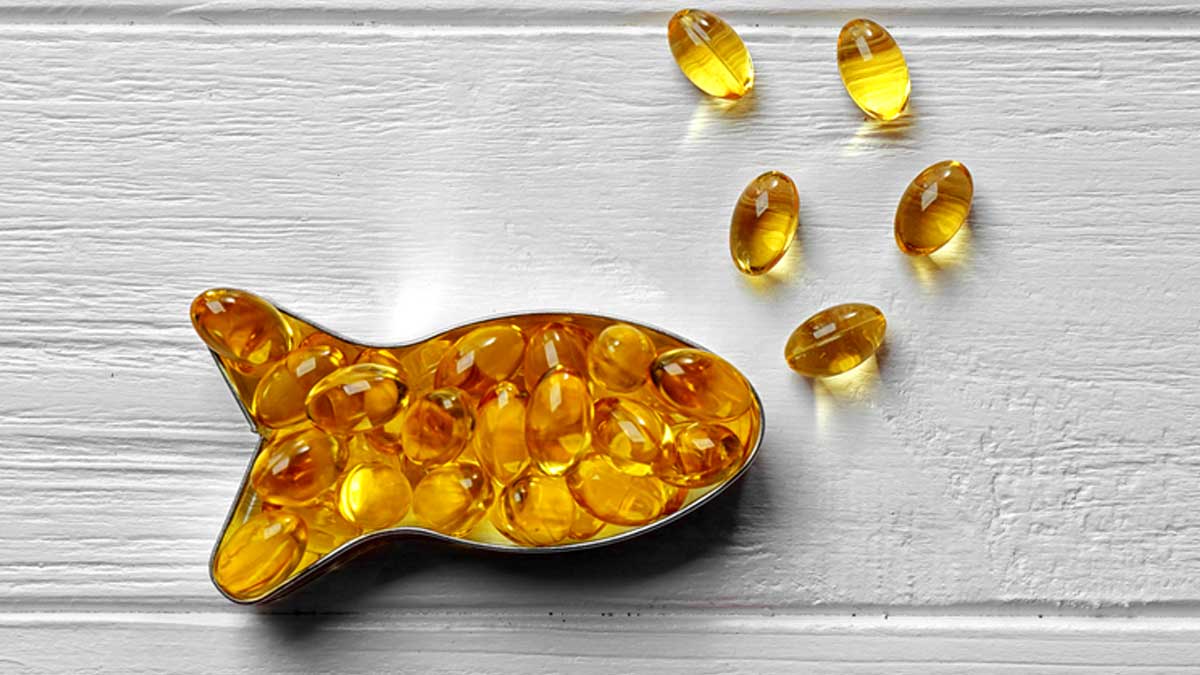
Fish oil has long been hailed as a source of essential omega-3 fatty acids, with numerous health benefits attributed to it. As per a study conducted by Pharmavite, over two-thirds of US adults do not consume enough Omega 3s in their daily diet to meet their nutritional needs. This rampant deficiency gave birth to fish oil supplements that have been in hot demand ever since. However, as the popularity of these supplements has risen, so has the debate about their effectiveness compared to consuming whole fish.
Table of Content:-
The Power of Omega-3 Fatty Acids

Before we jump into the debate of whether you should choose supplements or eat fish for your needs of omega-3 fatty acids, here are a few positive effects that make this nutrient extremely important for your health:
- Heart Health: Omega-3s are known to reduce the risk of heart disease by lowering triglyceride levels, reducing blood pressure, and improving cholesterol profiles.
- Brain Function: Omega-3 fatty acids are crucial for brain development and cognitive function. It may also reduce the risk of cognitive decline as we age.
- Inflammation and Joint Health: Omega-3s possess anti-inflammatory properties and may help manage conditions like arthritis.
- Eye Health: Certain Omega 3 fatty acids are also a major component of the retina, and adequate intake may support eye health and reduce the risk of age-related vision blurring.
Also Read: Health Benefits of Omega 3 Fish Oil Capsule
Fish Oil Supplements Vs Eating Fish

The debate between supplements and consuming natural sources has been an age-old debate. While both have their pros and cons, ultimately different things suit different people, as all of us have unique biochemistry.
Fish Oil Supplements: The Pros and Cons
Fish oil supplements offer an ease that gives it an edge over meal preparation and learning to cook fish. They also have a concentrated amount of omega-3s, especially if you choose high-quality products. Moreover, supplements can ensure that you are not consuming adulterants like pollutants, mercury, or chlorinated compounds, which are probable when eating fish. High-quality supplements are often purified to remove such contaminants.
However, some of the pitfalls of consuming fish oil supplements are:
- Digestibility: Some individuals may experience digestive discomfort when taking fish oil supplements, including burping or an unpleasant aftertaste.
- Quality Matters: Not all supplements are created equal. Low-quality products may contain lower levels of omega-3s or go rancid quickly.
- Incomplete Nutrition: Fish provide additional nutrients like protein, vitamins, and minerals, which are absent in fish oil supplements.
Whole Fish: The Pros and Cons
Eating whole fish provides a wide range of essential nutrients, including high-quality protein, vitamin D, and selenium, which are missed when taking strictly omega-3 supplements. However, eating fish over choosing supplements has negative effects of its own:
- Contaminants: As mentioned earlier, some fish can contain contaminants, which is why it's essential to choose fish species with lower mercury levels.
- Preparation Time: Cooking fish at home can be time-consuming, which might not be suitable for those with busy schedules.
Also Read: Why Should You Include Omega 3 Fatty Acids In Your Diet? Let’s Find Out
Finding the Right Balance Between Supplements And Whole Fish
The debate over fish oil supplements versus eating fish ultimately boils down to personal preference and individual health goals. Whether you choose supplements or whole fish, the key is to prioritise the health of your heart, brain, and overall well-being. Ideally, a balanced approach is best. If you enjoy eating fish, include it as part of a well-rounded diet to reap the benefits of whole-food nutrition. However, if you struggle to consume fish regularly or have specific health concerns, high-quality fish oil supplements can be a convenient and effective way to ensure your omega-3 fatty acid needs are fulfilled. Remember to consult with a healthcare professional or nutritionist for personalised advice on the best approach for your specific health and dietary requirements.
Also watch this video
How we keep this article up to date:
We work with experts and keep a close eye on the latest in health and wellness. Whenever there is a new research or helpful information, we update our articles with accurate and useful advice.
Current Version